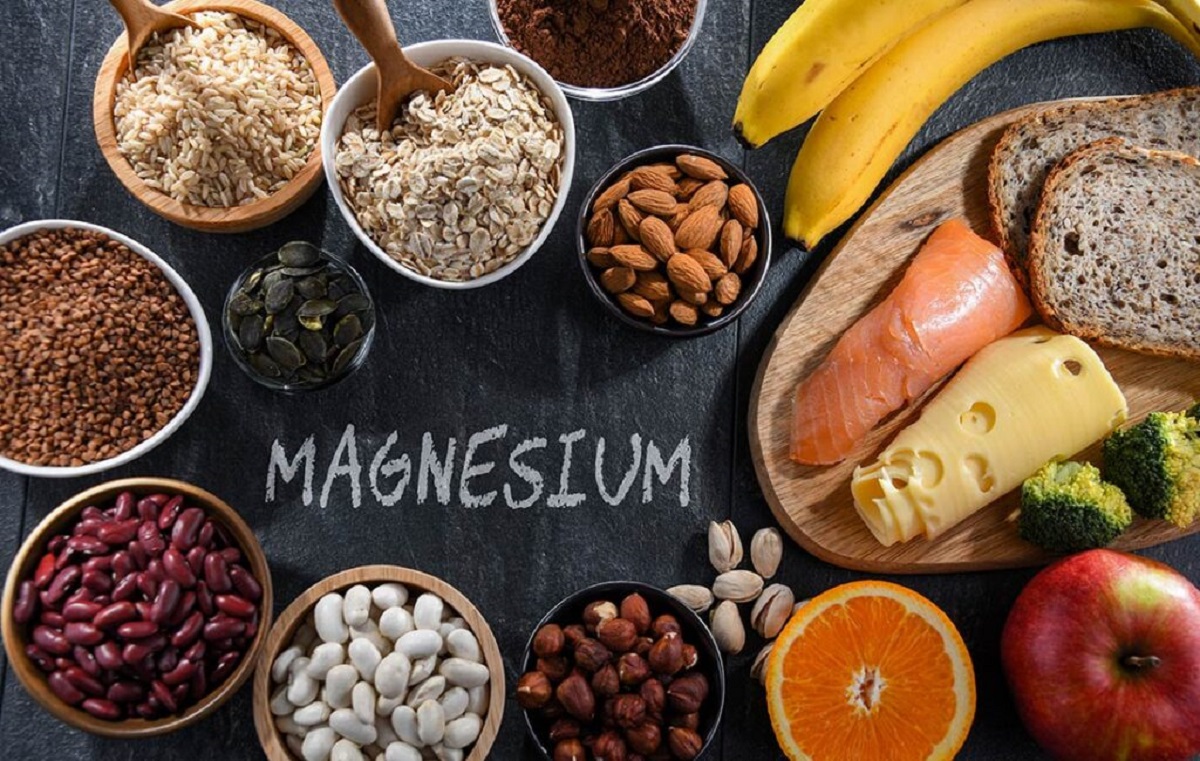The 6 Sings Of Weak Memory: A Sign Of Deficiency In Which Nutrients?

Weak Memory: Weak memory, often referred to as forgetfulness, is a common condition that many individuals experience, especially with age.
However, it can also occur in younger individuals. While there can be many factors contributing to memory problems, one significant aspect is the deficiency of certain nutrients in the body. These nutrients play crucial roles in maintaining brain function and overall cognitive health. This essay will explore the connection between weak memory and the deficiency of specific nutrients in the body.
The 6 Sings Of Weak Memory
1. Vitamin B12: Vital For Cognitive Function

Weak Memory, One of the most important vitamins for brain health is Vitamin B12. This vitamin is essential for maintaining the health of nerve cells and promoting the production of neurotransmitters, which are chemicals that allow communication between nerve cells. A deficiency in Vitamin B12 can lead to memory problems, difficulty concentrating, and even more severe cognitive issues, such as confusion and dementia in the long term. Vitamin B12 is primarily found in animal products such as meat, eggs, and dairy.
Vegetarians and vegans are particularly at risk of B12 deficiency and may need to supplement their intake with fortified foods or supplements.
2. Omega-3 Fatty Acids: The Brain’s Essential Fats
Weak Memory, Omega-3 fatty acids, especially DHA (docosahexaenoic acid), are crucial for maintaining the structure and function of brain cells. These healthy fats are important for synaptic plasticity, the ability of the brain to adapt and change over time.
Weak Memory, Research has shown that individuals with low levels of omega-3 fatty acids are more likely to experience memory problems and cognitive decline. These fatty acids are found in fatty fish like salmon, walnuts, and flaxseeds. A deficiency in omega-3s can lead to an increased risk of memory loss and even neurological diseases such as Alzheimer’s.
3. Iron: Oxygen For The Brain

Weak Memory, Iron is another essential nutrient that plays a role in cognitive function. Iron is required to produce hemoglobin, a protein in red blood cells that carries oxygen throughout the body, including the brain. Without adequate iron, the brain may not receive sufficient oxygen, leading to fatigue, difficulty concentrating, and memory impairment. Iron deficiency anemia can exacerbate these issues and lead to noticeable cognitive problems. Iron-rich foods include red meat, spinach, beans, and fortified cereals.
4. Vitamin D: Protecting Brain Cells
Weak Memory, Vitamin D is vital for overall brain health and has been linked to cognitive function and memory. Research suggests that vitamin D receptors are present in brain cells, indicating the vitamin’s role in brain function.
A deficiency in vitamin D has been associated with cognitive decline and memory problems, particularly in older adults. Sunlight is the primary source of vitamin D, but it can also be obtained through fortified foods such as milk and cereals. Lack of exposure to sunlight, especially in regions with long winters, can increase the risk of deficiency.
5. Magnesium: A Key To Mental Clarity

Weak Memory, Magnesium is a mineral that supports the function of over 300 enzymatic reactions in the body, including those related to brain function. It helps regulate neurotransmitters, which influence mood, memory, and overall cognitive abilities.
Weak Memory, Low magnesium levels have been associated with memory impairment and an increased risk of neurodegenerative diseases. Magnesium is found in foods such as nuts, seeds, leafy greens, and whole grains. Deficiency in magnesium can lead to symptoms like irritability, fatigue, and difficulty concentrating, all of which can negatively impact memory.
6. Zinc: The Memory Enhancer
Weak Memory, Zinc is another mineral that plays a role in cognitive function and memory. It is involved in the regulation of neurotransmitters and helps protect the brain from oxidative stress. Zinc deficiency has been linked to memory problems and a decline in cognitive abilities. Studies have shown that zinc supplementation may improve cognitive function in individuals with zinc deficiencies. Foods high in zinc include meat, shellfish, legumes, seeds, and nuts.
Also Read:
Green Tea And Brain Health: Green Tea And Its Potential Protective Role For Brain Health
The Impact Of Stress On Menstrual Health: Understanding The Link Between Mind And Body




